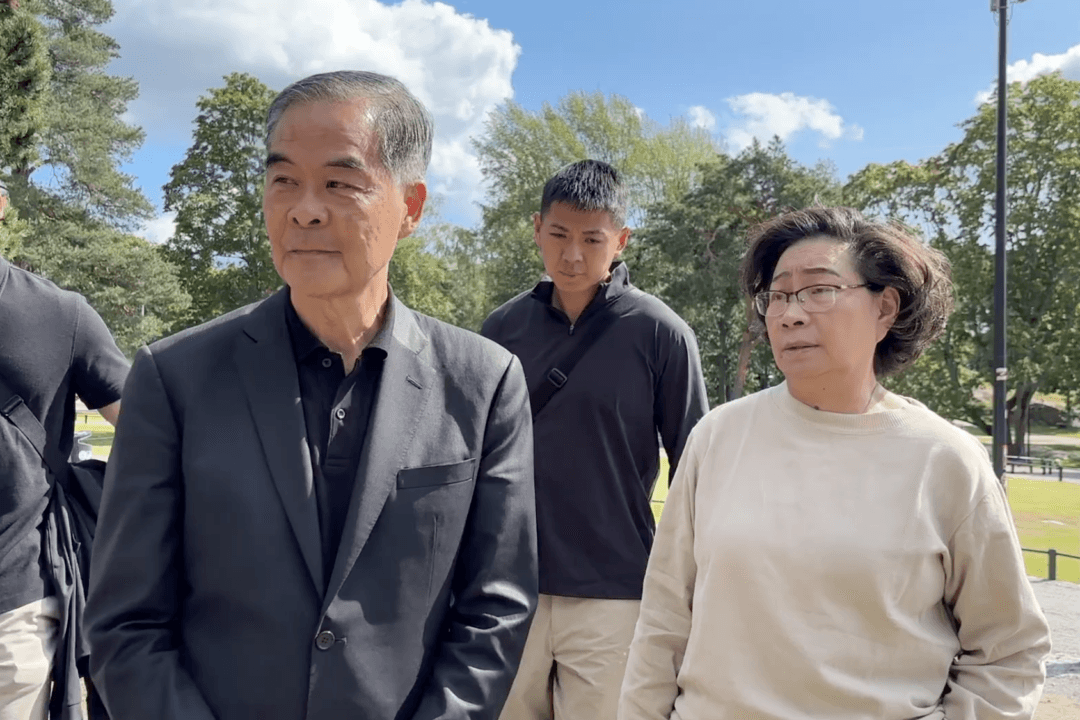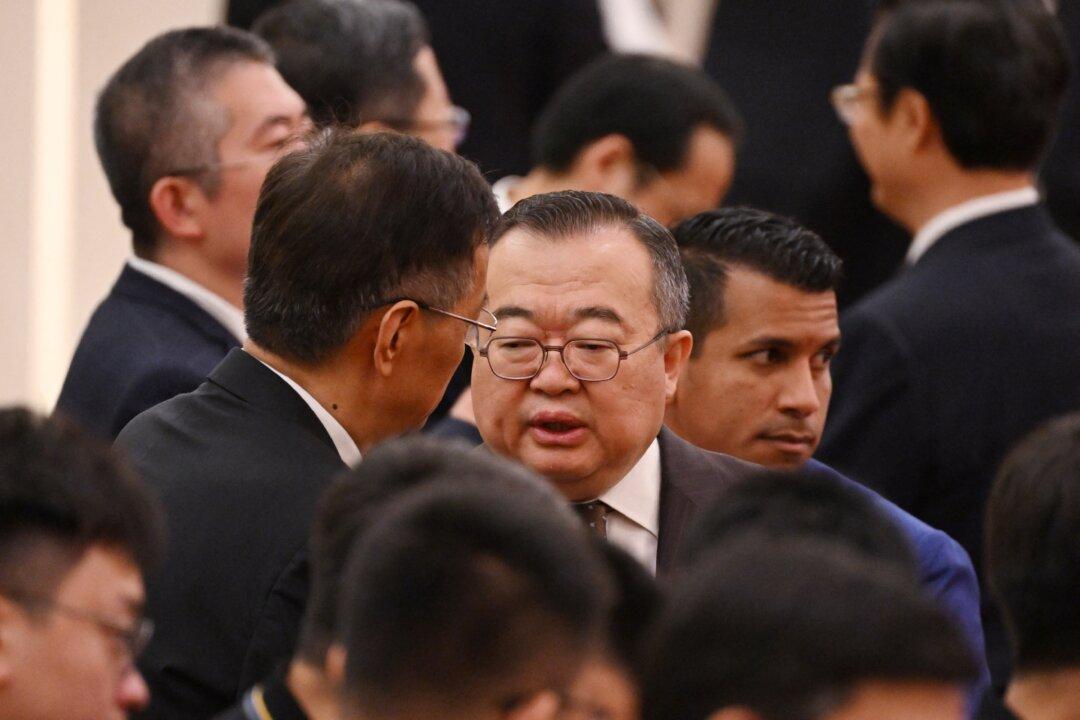Commentary
Portugal’s failure to even attempt to use leverage to secure the safety of its own citizen—a teenager who was detained, held incommunicado, and later sentenced to prison in a secret trial—illustrates European failure to understand the nature of the Chinese Communist Party (CCP) and how to deal with it effectively.





